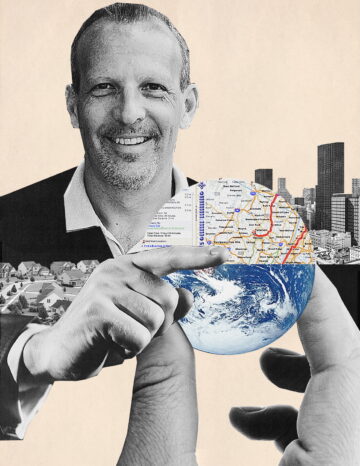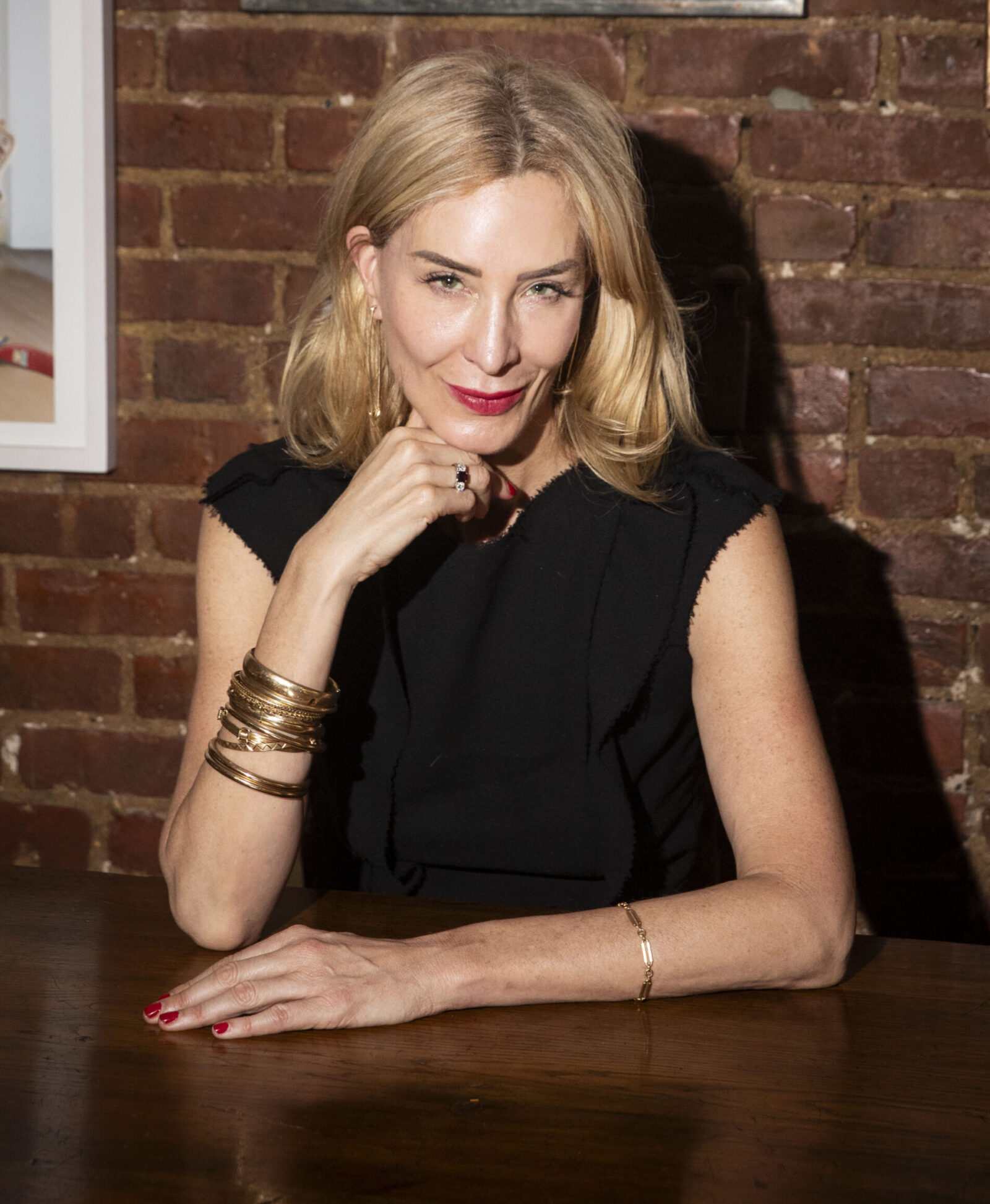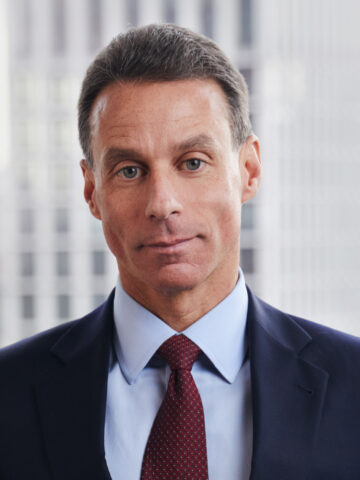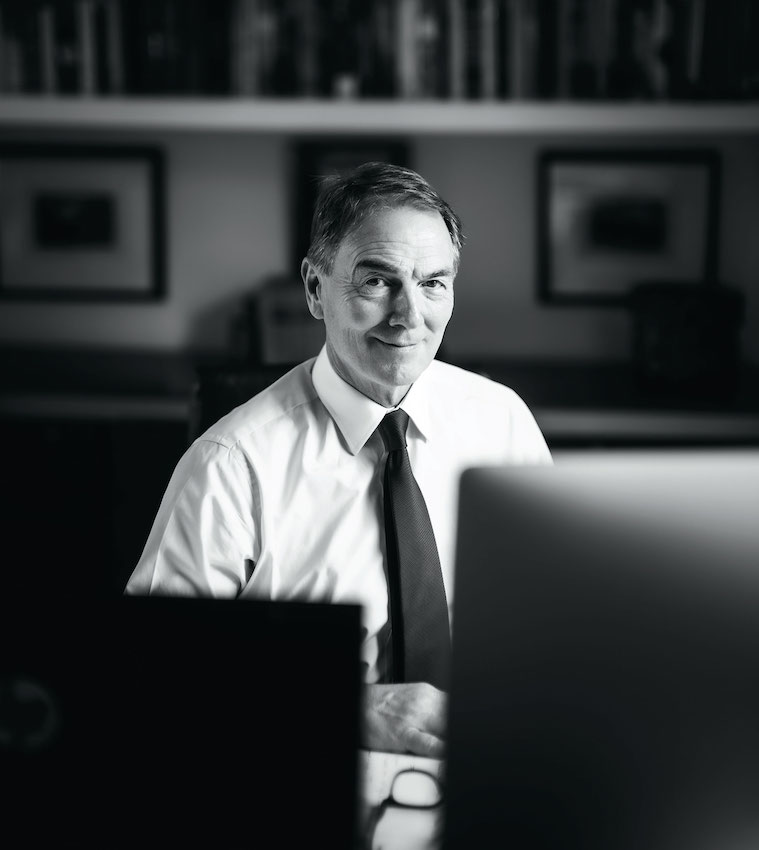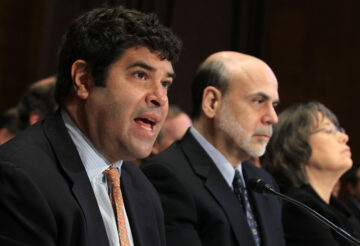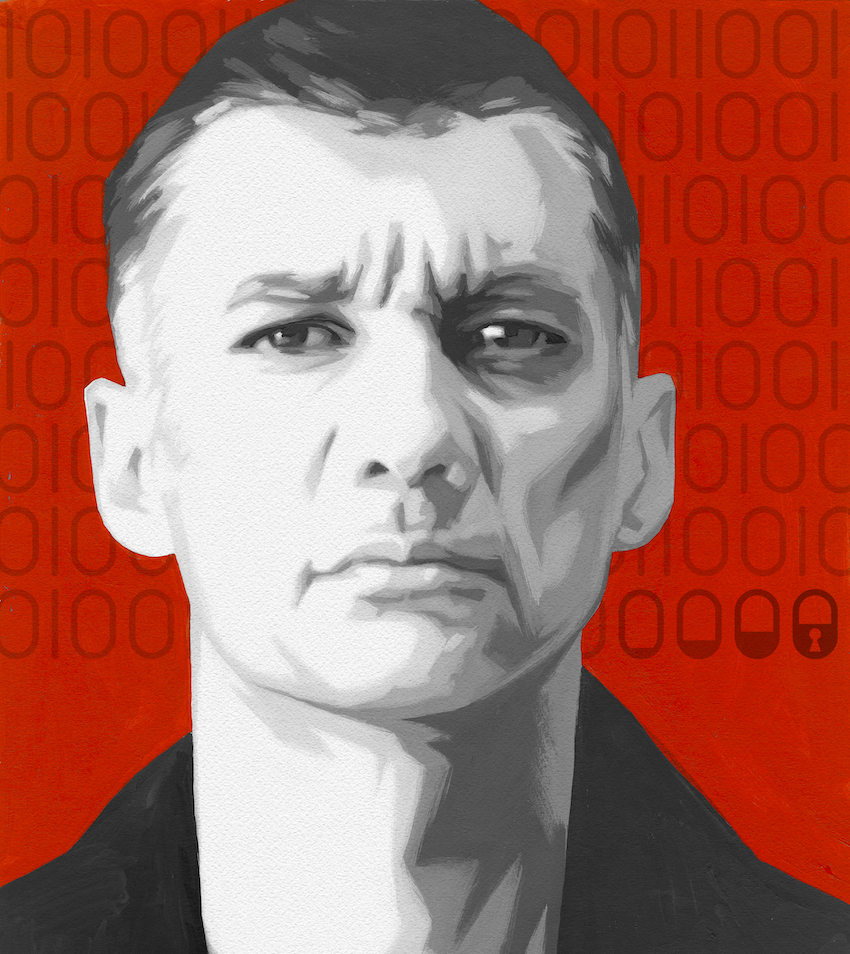“Curated, candid conversation is not a luxury; it is a performance multiplier,” Susan MacTavish Best, salon host and founder of Posthoc, tells Brunswick’s Raul Damas.
What began as informal dinner parties hosted by Susan MacTavish Best in her one-bedroom apartment has grown into Posthoc, a company that curates in-person salon events for leaders around the world. Salons as intellectual incubators have been a vital force in shaping leadership since at least the 17th century. The inimitable factor here is MacTavish Best herself—her personality, network and rare combination of social skills create safe spaces for connection and insight to emerge.
A typical MacTavish Best salon features a dinner that she cooks herself followed by an interview with a special guest and a musical performance. Featured guests have included Emmy Award-winning journalist Lisa Ferri, NYU Professor of Philosophy David Chalmers and Substack Co-founder Hamish MacKenzie. Hosting in New York, Los Angeles, London or Washington, DC, MacTavish Best personally curates each guest list, and makes sure when they show up they find her mixing drinks and cooking—gestures that engender a sense of intimacy.
A longtime advisor to CEOs and founders, she helps them grow their companies and extend their influence through strategic vision and communication. For over two decades, MacTavish Best has worked with leaders across industries to shape brand and voice.
We spoke with her about what leaders ought to know about the power of personal connection.
Your career began in the digital world. What skills from there helped you build salons, and what new muscles did in‑person community require?
When I started my own PR agency at 23, I knew that the key was going to be the personal relationships and network I would weave around myself and my clients. Advising Silicon Valley CEOs, I learned to think in systems—how information travels, how trust scales and how brands earn mind‑share. Those skills translate directly to convening—you need to understand incentives, network effects and timing.
In‑person community demands an entirely different set of muscles than the day to day of pushing out a new product. It requires patience, intuition and genuine care. A metrics dashboard can tell you who clicked on your product; it cannot tell you who feels seen. People remember how you made them feel.
Even the most powerful individual needs someone who will listen without an agenda. Curated, candid conversation is not a luxury; it is a performance multiplier. I am here to push leaders towards having these conversations more often. I have always believed that ideas travel farther and faster when a group of curated humans meet face to face—preferably with tasty drinks, comfortably deep chairs and an interesting group of curious, attentive guests.
Why do you choose to cook yourself, as the host?
I find my guests are put at ease by me sweating up a storm in the kitchen, and they take off their workday armor and are much warmer and more relaxed with each other.
This means they are far more likely to get to the important conversations faster, and, thus, more likely to find common points of interest and potentially end up working together. Success! Small rituals of hospitality create disproportionate strategic advantage.
Posturing is a waste of time, but it really is just a result of people feeling uncomfortable. When I’m hosting, it’s my job to shake them out of that habit gently so they can get to the real stuff: good conversations that lead to real world connections.
Some leaders crave intimate discussion settings; others avoid them. What have you observed?
Most leaders crave intimacy and a safe place to put their feet up and unload what’s on their mind—they are just overscheduled (too many meetings!) or wary of criticism. Avoidance usually masks fear: What if someone challenges me? What if I don’t have the answer? My role is to build that warm, candid space so insight can surface.
To build communities, how do you balance exclusivity and accessibility?
I sequence the community: Begin with a meaningful nucleus, deliver an unforgettable experience, then widen the circle just enough to keep momentum without diluting trust. Intimacy builds loyalty; access builds scale—you need both, but never at the same moment. There is a time and a place for everything, and you can’t achieve everything at once.
Your interviews tackle complex topics—biotech, AI, philosophy—yet you always reach the human story.
Why is that essential?
Our own personal stories are what connect us. Every breakthrough starts with a human being: a question they could not shake, a problem that kept them up at night. How did their upbringing affect the trajectory of their life? Story is what draws us in and lets the rest of us care.
In today’s innovation economy, the technology changes weekly, the deals are signed daily, but the human motivations remain timeless. Anchoring a business revelation in story makes the idea unforgettable and relatable for anyone in the audience.
How does being Scottish help you as an advisor and community builder?
The Scots are disciplined, fun, oh so frank, and famously unflappable. We do not confuse volume with conviction, and we respect the ritual of cocktail hour—not for the alcohol but for the pause. In that pause you listen, you reflect, and real brainstorming and hashing it out begins.
Underdogs have always been my people; we know how to win with grit and humor.
How do you define success, and what is on the horizon?
Success is waking up excited with the projects I am working on and having the freedom to spend time outdoors—biophilia is real. I split my time mostly between far remote Northern California and Soho/NYC. That contrast really keeps me mentally sharp.
Currently, I’m helping a CEO turn a nascent idea into a global movement. On the side, I am developing a dating‑confidence app for Gen Z women, translating old‑school wisdom into modern digital prompts, fully digging into the 2025 world of vibe coding.
What do you envision as the next phase of community building and intimate gatherings?
As the digital barrage intensifies, people will crave slower, smaller, smarter convenings. We are moving from scale to soul: fewer algorithms, more eye contact. We all crave that. The leaders who grasp that shift—and invest in meaningful offline rituals—will earn enduring trust and find their job massively more satisfying, not soul crushing.
More from this issue
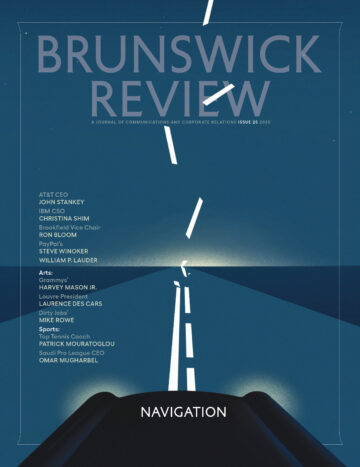
Navigation
Most read from this issue

AI for President
